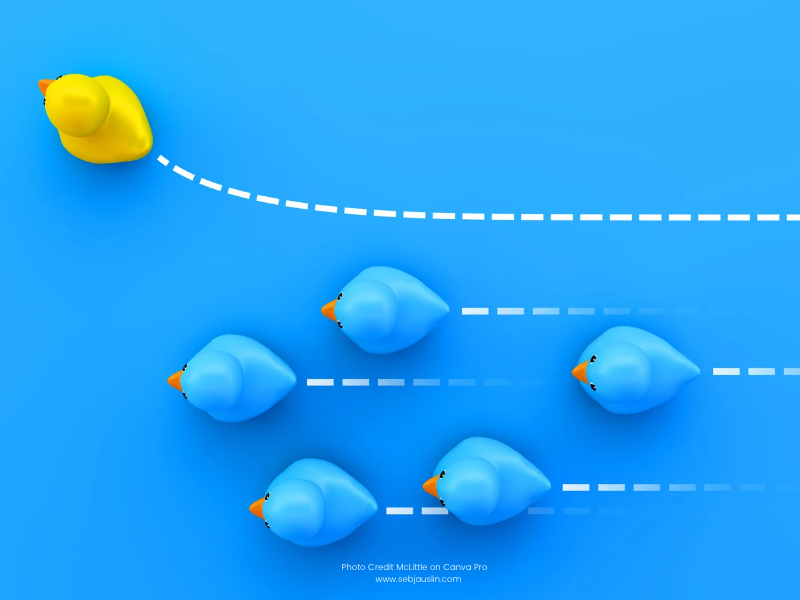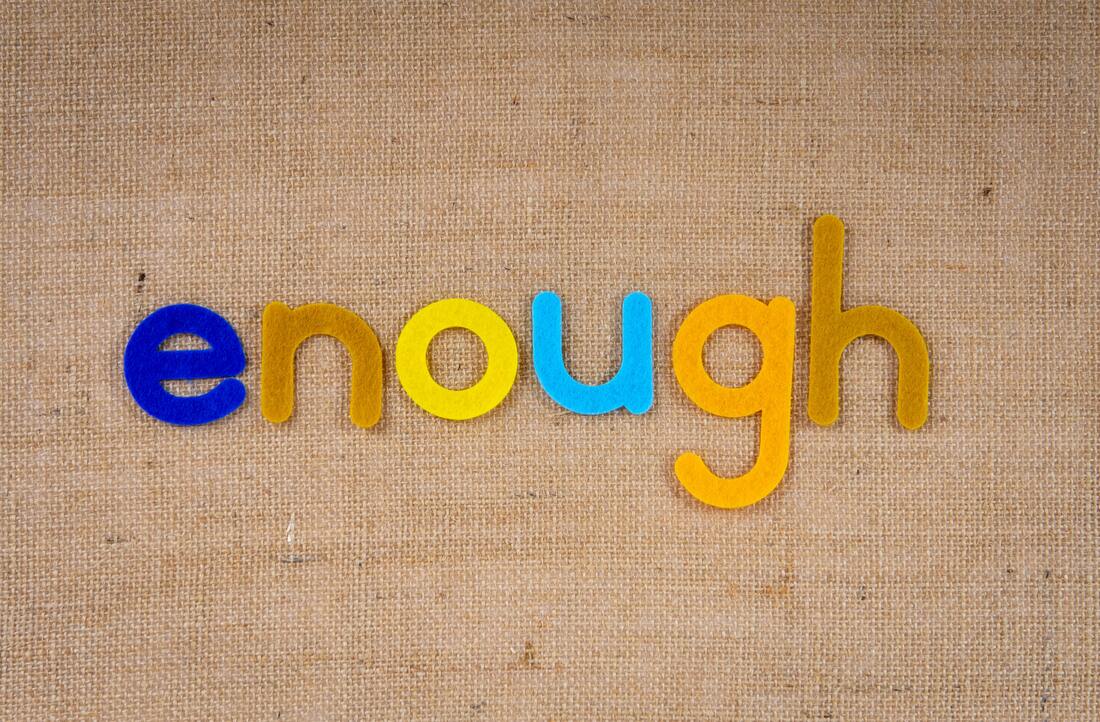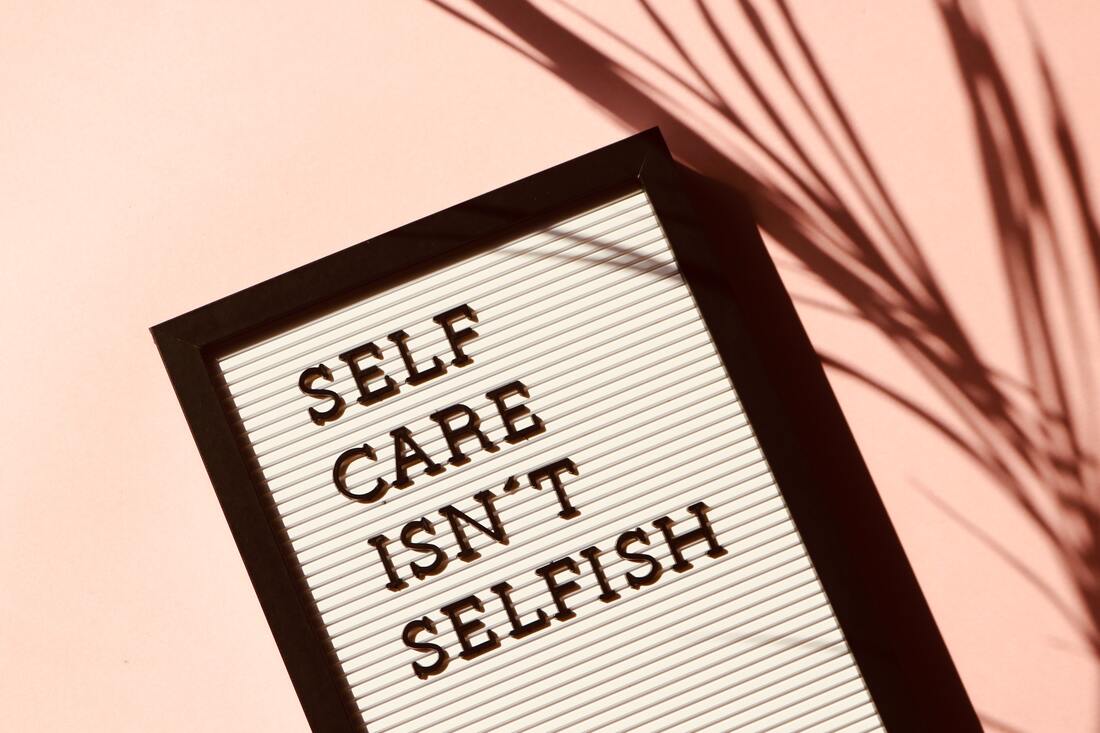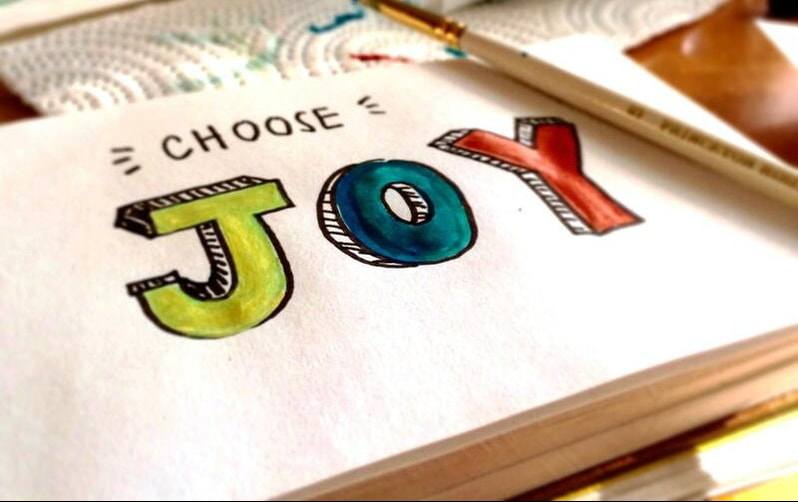|
The belief that more hours at work equate to higher productivity is a myth.
This misconception has been deeply ingrained in our professional lives, leading us to sacrifice health, relationships, and leisure to pursue an elusive ideal. Actual productivity is not about stretching our workdays thin but thriving across multiple dimensions of our lives. Productivity isn't a linear concept. It's a multidimensional phenomenon that goes beyond professional achievements and encompasses the following dimensions:
0 Comments
A few years back I worked with a client, let’s call him Eric, who was the COO of a medium-sized, established company. I was inspired by my work with him, to write this article about how our thinking / mindset / perspective can trip us up.
Everybody has set ways of thinking about things. This is true for your private life as well as in your working environment. Where your perspective comes from and what it is based on comes usually from past experiences. By past, I mean it can come from way back, or even recent bad experiences with the last boss or partner or life in general. What matters now, in the present moment, is the awareness that these experiences exist, might be driving your behaviour and give you your perspective on things. This can form beliefs, biases, judgements and any, negative thoughts. If you are ready to start changing the results you are getting then these tips can help you challenge your thoughts. After all, Einstein says: “Insanity is doing the same thing over and over again expecting different results.”
In today's fast-paced and demanding world, many individuals find themselves struggling to live a life full of meaning, maintain perspective, and reduce stress. The constant pressure to succeed, the overwhelming amount of information, and the ever-increasing responsibilities can leave us feeling lost and disconnected.
However, coaching offers valuable tools and techniques to help individuals overcome these challenges and create a life that is both fulfilling and balanced. In this article, we will explore the common challenges people face in their pursuit of a meaningful life, the importance of putting things in perspective, and how coaching can provide the necessary support to overcome these obstacles. In the corporate landscape, our weeks are filled with situations that test our abilities, patience, and resilience. How we approach these situations can profoundly affect the outcome and our reactions.
When faced with complicated situations, we immediately label them as 'problems.' What if we started viewing these as 'challenges' instead? This subtle shift can result in a transformative mindset change. The Power of Perspective A 'problem' often carries a negative connotation, suggesting something that shouldn't exist, an anomaly that needs fixing. On the other hand, a 'challenge' implies an opportunity for growth, a hurdle that, once overcome, leads to advancement and self-improvement. Consider the difference in perspective here:
The challenge mindset is proactive, seeking growth and understanding, while the problem mindset can be limiting and reactive. Building trust within a team isn't just about improving performance; it's about forging a workplace culture that aligns with integrity, innovation, and shared success.
When trust is the cornerstone of your leadership, solving complex problems becomes a collective endeavour, and creating lasting change becomes a shared mission. A team that trusts its leader is a team that's committed, resilient, and ready to go above and beyond. But how do you earn this trust? Empathy It's about demonstrating that you prioritise your team’s well-being. For instance, recognising the importance of work-life balance isn't just about offering flexible hours—it's about respecting those hours. When your team knows their time is valued, they're more invested during working hours. Are you creative?
Would being more creative so you can better navigate the daily ups and downs of your life? As an executive coach and writer of murder mysteries (currently working on the third book in a series), expanding my creativity is essential. First thing in the morning, I like to read thought-provoking books. Reading while sipping coffee starts my day with energy and depth. The book I’m reading now is The Creative Act: A Way of Being, by Rick Rubin. Rick Rubin is an eccentric and acclaimed music executive and producer who, in 2003, revitalized Johnny Cash’s career. In 2007, he was dubbed "the most important producer of the last 20 years" by MTV and was named on Time Magazine’s list of the “100 Most Influential People in the World.” In this book, released in January 2023, Rubin asserts that we are all creative. Without creativity, we could not survive in the world. He writes: To create is to bring something into existence that wasn’t there before. It could be a conversation, the solution to a problem, a note to a friend, the rearrangement of furniture in a room, a new route home to avoid a traffic jam. Whether it excites us or paralyses us, change is an inevitable part of life and leadership. In today's fast-paced and dynamic business world, leaders must navigate change successfully to ensure that they and their organisations can adapt, grow, and thrive. In this article, we'll explore seven key strategies that you can use to develop the skills and mindset needed to navigate change successfully.
When faced with a difficult decision it is important to know that you always have choices. It is hard to realize there is more than one solution to any given problem. One important life skill to learn is how to find those choices when faced with a difficult decision. With this skill, life becomes easier to keep in balance. More balance means less stress.
Think of a situation you are facing and see if any of the comments below can be applied: Which of us doesn’t want to have a good life? Who doesn’t want to be enough? With a lovely house and garden, sweet children, a loving spouse, who come together for breakfast, lunch, and dinner. A life filled with good friends who celebrate over an elaborate meal and extended family that come together often with smiles and hugs. A life with a rewarding job that appreciates your work and brings out your best. While these scenarios might be things that people dream about, they are scenes from stock photos, advertising campaigns, lifestyle shows, and social media influencers. Yet they inspire us to want to be perfect, to have perfect lives. They prey on our feelings that we are not enough. Then, for many of us, the drive to have a perfect life overwhelms. In her book, End the Struggle and Dance With Life, Susan called the drive to always be perfect an addiction. Always having to be the best, always going above and beyond, always having to prove yourself are just ways of trying to show the world, and yourself, that you are good enough. Being a perfectionist, while it might look as if everything is fantastic, takes its toll on our health and our relationships. It can also hold us back from new opportunities. All those images and videos we see of perfect-looking people living perfect lives only has the echo of truth in them. What we never see in those images is the mess behind the camera. The other people working behind those scenes to make the illusion seem real. So while those images make us feel as if we are less than perfect, they only represent something superficially “perfect.” The reason our addiction to perfection can be so devastating is that we believe our self-worth is measured by our performance. But since no one is perfect, it is impossible to attain self-worth through perfection. Trying to be perfect in everything we do is only a means to feel as if we are good enough. In the multifaceted world of leadership, age is a number. However, emerging leaders often face a unique challenge – leading individuals who may have been in the field longer or might view age as a measure of expertise.
I've helped countless young leaders overcome this dynamic. This article is for you if you are an emerging leader looking to command respect despite your age. Age vs. Leadership: The Misconception There's a common misconception that age and experience are the sole determinants of leadership capabilities. While experience has value, leadership is more about the ability to inspire, influence, and guide others toward achieving shared goals. Leadership is also about adaptability, vision, and the ability to foster collaboration – qualities that aren't exclusive to any age. Constant Interruptions, Disturbances, Noise - How They Can Rob You of Your Focus (and Motivation)21/9/2023 They are building all around me this week – even with a jackhammer just below me. It is unbearably noisy. This noise is robbing me of my focus and, consequently, my motivation.
Currently, I am writing this while sitting in a quiet restaurant near my apartment and right by the lake . Hotel lobbies seem to stimulate creative thoughts. Nothing against the builders or the need to repair / renovate something in the building. That is life. We need to do maintenance on buildings just as we need constant maintenance in the form of self-care. But the level of disruption has made me appreciate how much noise makes it difficult for me to focus and concentrate. I had intended to do my morning brain training before I started work today but found that the drills and the jackhammer were too disrupting. So disrupting, in fact, that I left the house and retreated to this lakeside location. No matter how much I encouraged myself to, I just could not handle it. Feel like constant meetings are hanging you up? Set a regular meeting with yourself.
Meetings and more meetings. Just as you finish one call, you are dialing into the next one. Need to go for toilet break? Forget it -- there’s another meeting. This meeting situation was already insane before the pandemic, and it it has only gotten worse now with so many people working from home. There are dozens of articles about how to spend less time in meetings, how to reject meetings without looking bad, about 2/3 of our life being spent in meetings. All these articles trying to help us save ourselves. Yet many of us keep falling into the meeting trap. I have yet to find the magic formula for myself, however I do believe I am becoming more aware about how I am actually spending my time versus how I want to spend my time. Even the most enlightened of us can’t always stop ourselves from worrying about the future and asking ourselves “what if?” Underneath our connection to our Higher Self that we work so hard for, lurks the fear of future problems just waiting for an opening to ask us “what if?”
You know how it is…trouble is brewing at your job, layoffs could be coming. What if you lost your job? There have been a rash of pedestrian traffic accidents lately. What if your child is hit by a car? Your mother’s routine check-up turns into several follow-up appointments. What if she is sick? And on and on. Before we know it, our Chatterboxes have taken over. We are filled with fears about the future and the “what if” questions drag us down to our Lower Self. Many of us “what if” ourselves into a perpetual state of worry. “What if” questions come from our Lower Self, our inner chatterbox that wants us to live in perpetual fear. Susan wrote in Feel the Fear and Do It Anyway, “When the ‘what ifs’ are out in full force, the internal Chatterbox is at it again. You look at the unknown and try to predict the future; you try to take control of outside forces. Both are impossible. At this point you might notice you are driving yourself crazy.” Fear of failure often stands in your way in the journey of personal and professional growth.
As a society, we view failure negatively as something that diminishes our worth or derails our progress. What if you could shift perspectives? I’m saying, view failure as an opportunity to be more faithful to yourself. When embraced with the right mindset, failure can become a catalyst for transformative change, leading you closer to the authentic leader you're meant to be. Failure Teaches You a Lesson Every failure carries a valuable lesson. Whether it's an exam, a presentation, a project that didn't meet expectations, or a strategic decision that led to unexpected outcomes, each failure serves as a teacher. There is nothing like being comfy and cozy in our comfort zones. Right? The problem with that is, of course, that we can’t change or grow if we hold on to our comfort zones. As Susan wrote in Feel the Fear and Do It Anyway, “Most of us operate within a zone that feels right, and outside of it we are uncomfortable. For each one of us that zone of comfort is different, but whether we are aware of it or not, all of us—rich or poor, famous or unknown, gay or straight, male or female or whatever our gender identity— make decisions based on the confines of that comfortable space.”
While we may feel secure in our comfort zone, we likely are living with the pain of neediness and the fear of change. While comfort zones can make us feel secure, they also keep us from feeling powerful. If we want to grow, to experience, to learn, we have to start moving out of complacency in that comfortable space. We have to start expanding our boundaries. To do so, we have to take action, we have to put in the work—even if it means being uncomfortable. That is the only way we can know our own power. With leaders advocating for individual progress and team success, coaching is essential to career satisfaction, retention and employee wellbeing and plays a critical role in achieving fulfilment.
Coaching is more than just talking It's a collaborative, thought-provoking process involving the coach and the client working together to identify core values, individual strengths, and areas for growth to overcome obstacles that stand in the way of fulfilment. In the corporate world, this Alliance can have a transformative impact, helping leaders and employees navigate complex challenges, improve communication, and enhance overall performance through, for example, understanding someone else's perspective. Providing leaders and employees with the support and guidance they need to feel fulfilled is essential for any successful business. 1. Coaching helps individuals identify their core values and align their work with those values, promoting fulfilment and improving overall performance. When employees are clear on their values and align them with their work, they are likelier to feel a sense of purpose and fulfilment every day. Coaching helps identify those core values and explores how to integrate them into work. This process is what leads to a more meaningful and fulfilling work experience. “Challenges in life either do or do not have solutions. If there is a solution somewhere, then there is no need to be overwhelmed by the challenge. If there genuinely is no solution, then there is no point being overwhelmed by it." Unknown If you genuinely believe there is a solution to every problem, there is a greater likelihood that you will find the solution. Personally, I believe the approach “where there is a will, there is a way.” I do not always find the way as soon as I would hope – which is sometimes due to a lack of motivation. I then remind myself that I know that nothing stays the same, and therefore I have nothing to fear. Things will change even if I do nothing.
The first and most important step is to realize and truly acknowledge that unless you take care of yourself nobody else can or will. When I say, “truly acknowledge”, I mean that you have accepted the following:
These are a few examples, expressed in simple terms: You have taken charge of your life, know your Values and maintain your Personal Power. You can live your life … it does not have to be living you! If you recognize the warning signs of impending burnout in yourself; remember that it will only get worse if you leave it alone. But if you take steps to get your life back into balance, you can prevent burnout from becoming a full-blown breakdown.
Read on for some tips: Worried About Achieving Your Goals? Take Charge of the Stress in the Moment to Stay on Track5/1/2023 You have a goal, but are worried you will not achieve it. So many issues are popping up that need dealing with, obstacles and other unexpected ‘stuff’ keeps interfering with your daily plan and / or overall daily structure. Stress kicks in, which means focusing is harder and so less is achieved… sound familiar?
All of these thoughts and mind chatter do not have to result in your getting off track or losing sight of your goal. The trick is to take charge of your thinking and push the ‘reset’ button. By this I mean, ‘reset’ the moment, not the direction you are heading or the goal you intend to achieve. Resetting the moment means handling whatever is causing you stress. Stress is an emotional issue and will not vanish with the flick of a switch in your brain. Unless, of course, you already.... I am a big believer that moving forward means improving the existing quality of your life. Of course reaching goals and increasing your performance it important. How you feel while you are doing this is what I believe makes up for quality of life.
You can be reaching goals and increasing your performance by pushing through, being competitive while running on an empty battery. At some point your body and emotional self will not be able to keep up. To increase your quality of life I suggest doing things differently or adding something entirely new to your routine. Maybe this is changing your location or job, or even friends, these are big changes. How about starting with getting rid of some behaviour patterns that no longer serve you? Replace them with behaviour patterns that do serve you. I love personal growth & development. My personal as well as professional experience can vouch for that each step taken, even small steps, results in change. Imagine climbing up a ladder. With each step your view changes and brings a new perspective. Make the kind of changes that stick! Life changes all the time, sometimes daily. During your lifetime you never stop growing, developing and learning, which of course means changing. If you resist this, you run the risk of staying stuck. Here is how you start: Staying calm and grounded requires certain behaviors that feed being calm and grounded. Each person will have his/her own requirements to feel calm and grounded. The actions you need to take are unique to you and will most likely differ from those others need to take. Just as each person has his/her own interpretation of success, each person has an individual feeling calmness and being grounded. Listen to yourself to know what is best for you. Based on my own personal experience, this also changes depending on age: When I was 30, my focus was very different to 40.
You will know what is right for you. Follow your heart and remember that you cannot take anything with you. No matter what you achieve and how much you earn, how you feel along the way is just as important. By Suzie Doscher, Executive Coach focusing on Personal Development, Self-help author since 2014. Photo credit: Pexels Whatever your age and goals, if you would like support, contact Suzie or one of our other coaches for a free introductory session.Often plans, goals and wishes can be overwhelming. Overwhelming in that they might be fabulous thoughts and ideas however in reality you are not there yet and not even sure how to get there! Feeling overwhelmed due to lack of time, outside pressures, demands, lack of clarity and a lack of energy can easily happen. A good approach is to first consider what the reality is in the moment, now/today and only then explore the 'what ifs' - potential outcomes and consequences of the plan or goal. Taking the time to connect with the present i.e. ‘what is’ will allow you to ground yourself. With this you can approach the feeling of overwhelm with both feet on the ground. Removing the emotions and overwhelm, allows you to think more clearly. This has been proven by neuroscience. When emotions have been triggered, the first thing to go is your cognitive ability. This means you are emotional and not thinking clearly – emotional not rational. To explore all the consequences of ‘what if’ is easier with a clear rational mind. Exploring all the possible ‘what ifs’ is necessary to break the goal, wish or desire down into small actionable steps. Furthermore, if a change of your mindset/perspective is necessary, this shift could might occur during the process of the 'what is' exploration. One way or another, you will gain some clarity by taking the time to do this. Sometimes this is easier said than done. The best approach is to simply start! Plan some time. Even ten minutes will do. If you do not start, you will remain overwhelmed. Once you have taken one step--even a small one--you will feel a difference. One small step at a time will get you to the top of the ladder. by Suzie Doscher, Executive Coach focusing on Personal Development, Self help Author since 2014 Photo credit: Unsplash For suggestions on HOW to break your plan into smaller steps listen to the audiobook version Suzie Doscher's
|

























 RSS Feed
RSS Feed